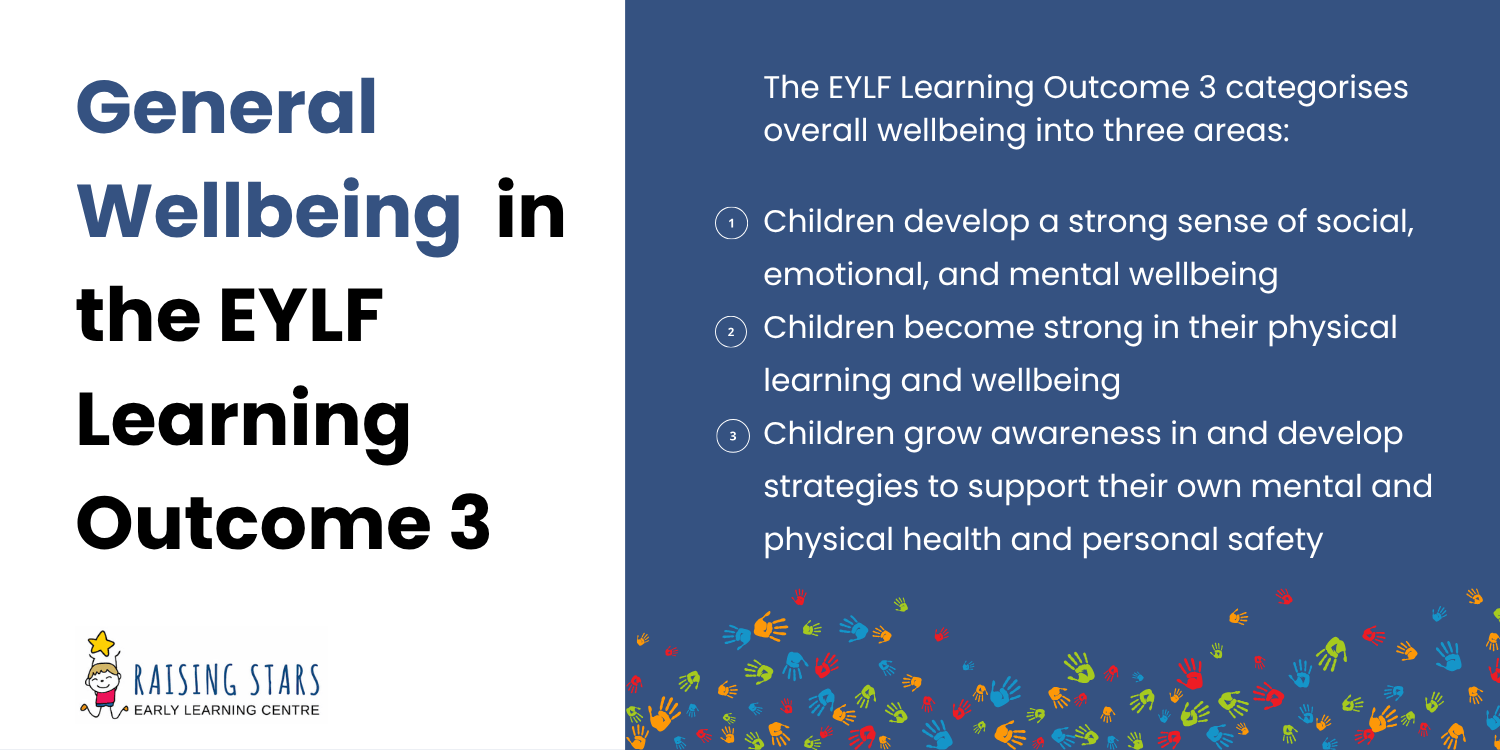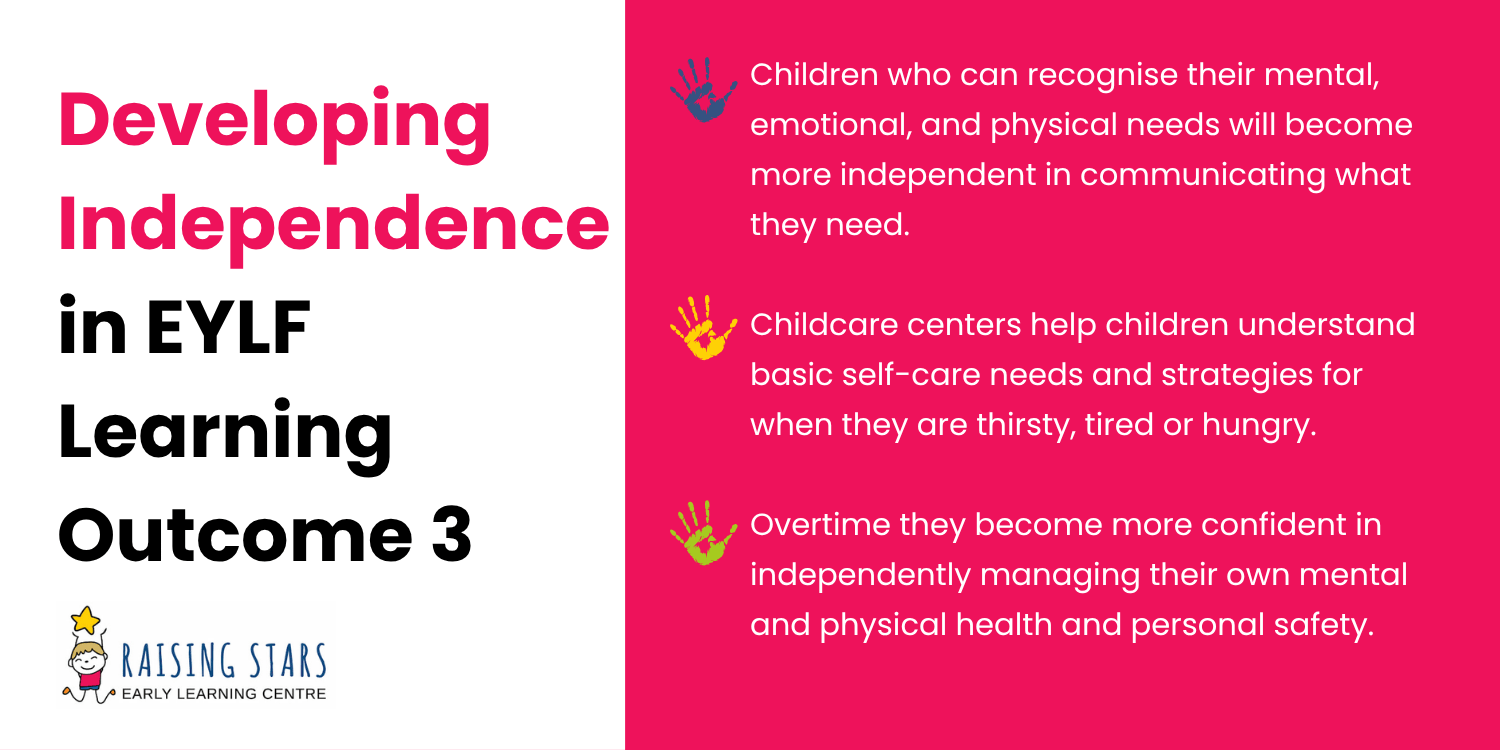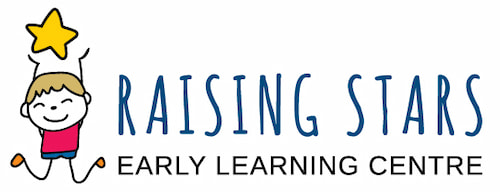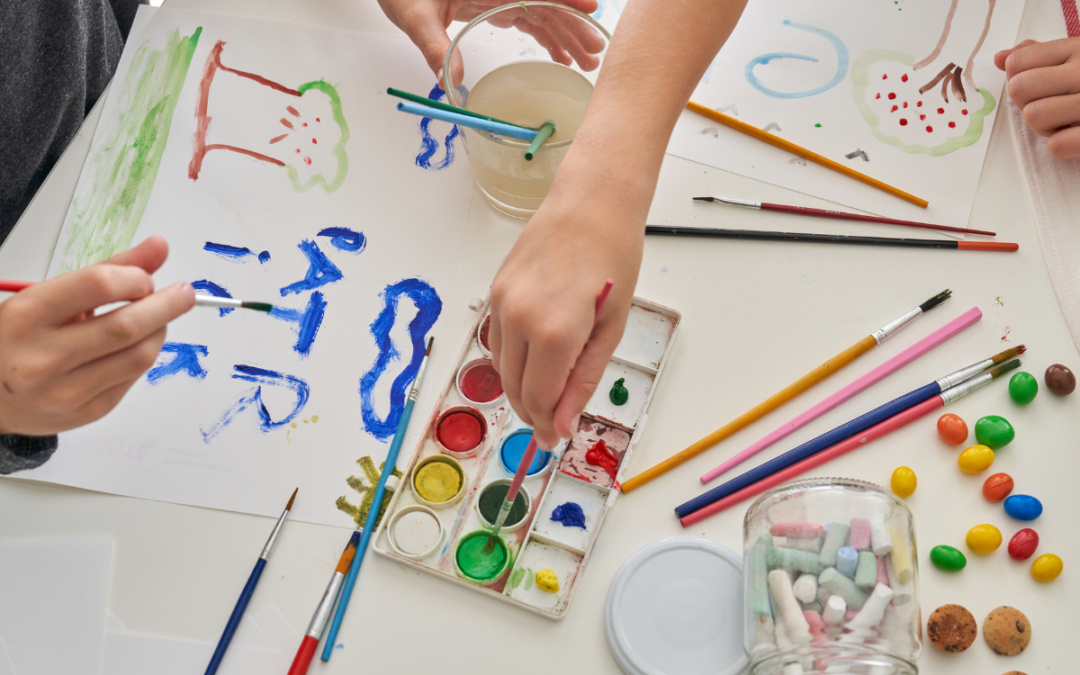Early development in childhood is shaped by how safe, supported and healthy children feel – these factors fall under the umbrella of wellbeing. Wellbeing encompasses more than physical health, it also includes emotional health, resilience, being able to identify personal needs and care for oneself.
The Early Years Learning Framework, developed by the Australian Government, has five learning outcomes, each involving a different aspect of development. The third learning outcome covers how early learning educators support the development of a strong sense of wellbeing in children.
What Is The EYLF Learning Outcome 3?
The EYLF Learning Outcome 3 highlights the importance of a child’s overall wellbeing. During the early years, children are taught to be aware of their own physical and emotional health and personal safety. This awareness allows children to grow in independence and confidence when interacting with family, peers, and the world around them.
The EYLF Learning Outcome 3 has three indicators of a strong sense of wellbeing:
- Children become strong in their social, emotional, and mental wellbeing
- Children become strong in their physical learning and wellbeing
- Children are aware of and develop strategies to support their own mental and physical health and personal safety

Children become strong in their social, emotional, and mental wellbeing
Children have social and emotional needs – feeling accepted by others, experiencing happiness and satisfaction, and self-expression all contribute to how children learn about their emotions and feel fulfilled in their interactions with others.
In the childcare setting, our educators create supportive environments that allow children to feel safe and express themselves. We encourage children to communicate how they feel and respond empathetically, providing comfort when they face fears or frustration, and celebrating their individual achievements. Over time, children learn to recognise their emotions and demonstrate greater trust and confidence in interactions with others. Childcare centres also create moments for social interaction through group play sessions. Children interact with peers and form close friendships over time, developing their ability to work collaboratively with others.
Children become strong in their physical learning and wellbeing
Physical wellbeing focuses on children developing strength, coordination, and independence in their daily routines. Childcare centres develop play activities that focus on developing specific physical skills – gross motor skills like climbing, balancing, and running, as well as fine motor skills like grasping and manipulating materials, eye-hand coordination, and sensory perception. As children play, they also build core strength, physical coordination, and stamina.
Physical learning activities take place both indoors and outdoors. Our indoor activities include dance and drama, where children respond to music and storytelling with movements. Planned outdoor activities encourage spatial awareness and physical coordination.
Every play session is closely supervised by our educators to ensure safety. We balance play with healthy habits such as eating nutritious meals, resting when needed, and staying hydrated.
Children are aware of and develop strategies to support their own mental and physical health and personal safety
Personal independence is an ongoing journey that starts in the early years of development. As children grow, they start to take responsibility for their own wellbeing. Children who can recognise their mental, emotional, and physical needs will become more independent in communicating what they need.
Childcare centres teach children how to identify their physical needs, such as knowing when they are tired, hungry, or thirsty. Our educators encourage children to express their needs and provide solutions to meet them.
Children also learn how to recognise signs of their mental and emotional health through storytelling, group discussions, and conversations with educators. Educators create an environment where children feel comfortable sharing feelings and asking for help.
As children are guided through routine self-care strategies, like staying hydrated, personal hygiene, and emotional regulation, they become more confident in independently managing their own mental and physical health and personal safety.

How Families Can Support a Strong Sense of Wellbeing in Children
Each child’s sense of personal wellbeing is influenced by what they learn in the childcare environment and in the home. At Raising Stars Early Learning Centre, our child care educators work closely with parents to provide updates on the wellbeing of their child, and how to encourage greater autonomy in recognising and communicating their personal needs.
Learn more about our early learning programs at our child care centres in Five Dock, Gregory Hills, and Moss Vale.

